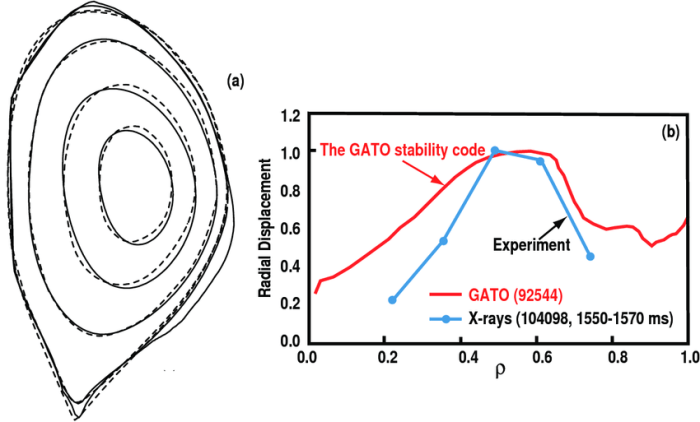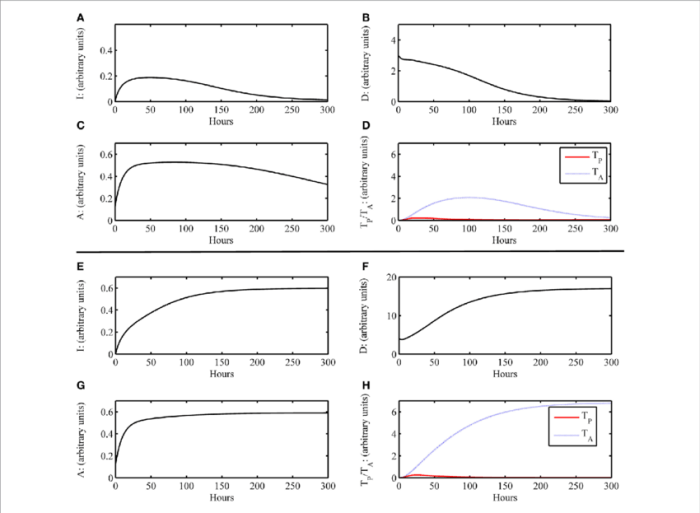Theoretically what would constitute an ideal transplant – Theoretically defining an ideal transplant presents a multifaceted challenge, encompassing biological, ethical, technological, socioeconomic, and future-oriented considerations. This exploration delves into the intricacies of organ transplantation, examining the essential characteristics of an optimal procedure and the complex factors that shape its feasibility and implications.
The concept of an “ideal transplant” serves as a guiding principle, driving research and innovation in the field of organ transplantation. By understanding the theoretical parameters of a successful transplant, we can strive to improve patient outcomes and address the ethical and practical challenges that arise in this critical area of healthcare.
1. Introduction

Organ transplantation is a transformative medical procedure that has saved countless lives and improved the quality of life for millions. An “ideal transplant” refers to a theoretical transplantation that perfectly restores the function of the recipient’s organ with minimal complications and long-term success.
Characteristics of an ideal transplant include:
- Complete restoration of organ function
- Minimal or no organ rejection
- Long-term graft survival without immunosuppression
- Absence of donor-transmitted diseases
2. Biological Considerations

Tissue Typing
Tissue typing is crucial in determining transplant compatibility. It involves analyzing the recipient’s and donor’s human leukocyte antigens (HLAs), which are proteins expressed on cell surfaces. Matching HLAs minimize the risk of organ rejection.
Organ Rejection
Organ rejection occurs when the recipient’s immune system recognizes the transplanted organ as foreign and attacks it. Factors contributing to rejection include HLA mismatch, blood group incompatibility, and the presence of antibodies.
Immunosuppression
Immunosuppressive drugs are used to prevent organ rejection by suppressing the recipient’s immune system. These drugs have side effects and can increase the risk of infections and certain cancers.
3. Ethical Implications
Donor Consent
Organ donation requires informed consent from the donor or their legal guardian. Ethical considerations include ensuring that consent is voluntary, fully informed, and respects the donor’s wishes.
Organ Allocation
Organ allocation is a complex process that involves matching donors with compatible recipients based on medical urgency, waiting time, and other criteria. Ethical considerations include fairness, equity, and transparency.
End-of-Life Decisions
Organ donation after death raises ethical questions about determining brain death and the timing of organ retrieval. Ethical guidelines aim to balance the respect for the deceased and the potential to save lives.
4. Technological Advancements: Theoretically What Would Constitute An Ideal Transplant

Artificial Organs, Theoretically what would constitute an ideal transplant
Artificial organs, such as artificial hearts and kidneys, offer potential alternatives to transplantation. While still in developmental stages, these technologies aim to provide long-term solutions for organ failure.
Tissue Engineering
Tissue engineering involves creating functional tissues or organs from patient’s own cells. This approach holds promise for regenerating damaged organs and reducing the need for transplantation.
Gene Therapy
Gene therapy has the potential to correct genetic defects that lead to organ failure. By introducing healthy genes into the recipient’s cells, it may be possible to restore organ function and prevent rejection.
5. Socioeconomic Factors
Disparities in Access to Healthcare
Access to organ transplantation varies significantly across socioeconomic groups. Factors such as income, education, and insurance status can impact waiting times and transplant outcomes.
Organ Donation Rates
Organ donation rates are influenced by cultural, religious, and social factors. Understanding and addressing these factors is essential for increasing the availability of organs for transplantation.
Transplantation Outcomes
Socioeconomic factors can also impact transplantation outcomes. Access to quality healthcare, post-transplant support, and immunosuppressive medications can affect long-term graft survival.
6. Future Directions
![]()
Research and Development
Continued research is essential to improve transplantation outcomes, develop new technologies, and address ethical challenges. Areas of focus include personalized medicine, tolerance induction, and stem cell-based therapies.
Patient-Centered Care
The future of organ transplantation lies in patient-centered care, where treatment plans are tailored to individual needs. This includes optimizing immunosuppression, providing comprehensive support, and empowering patients to manage their own health.
Global Collaboration
Global collaboration is crucial for sharing knowledge, resources, and best practices. International initiatives aim to increase organ availability, improve transplantation outcomes, and promote equity in access to transplantation.
Expert Answers
What are the key biological factors that determine transplant compatibility?
Tissue typing, organ rejection, and immunosuppression play crucial roles in determining transplant compatibility.
What are the ethical considerations surrounding organ transplantation?
Issues related to donor consent, organ allocation, and end-of-life decisions require careful ethical deliberation.
How are technological advancements shaping the future of organ transplantation?
Artificial organs, tissue engineering, and gene therapy hold promise for improving transplant outcomes and expanding access to organs.
What are the socioeconomic factors that impact organ transplantation?
Disparities in access to healthcare, organ donation rates, and transplantation outcomes highlight the need for equitable approaches.
What are the future directions for research and development in organ transplantation?
Areas for future exploration include personalized medicine, regenerative medicine, and xenotransplantation.